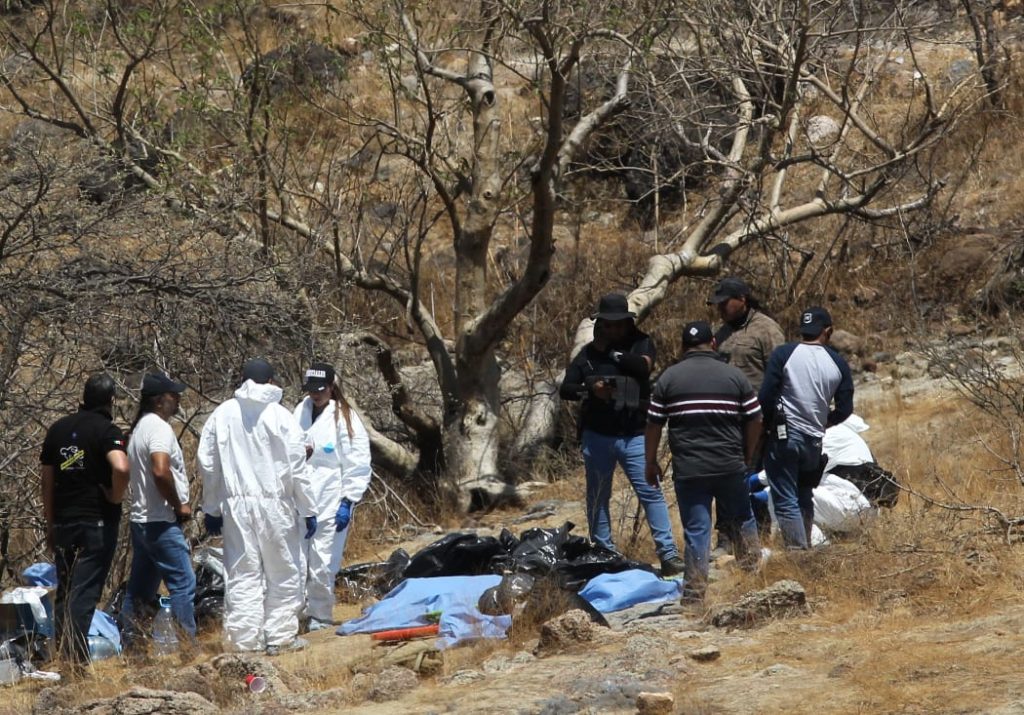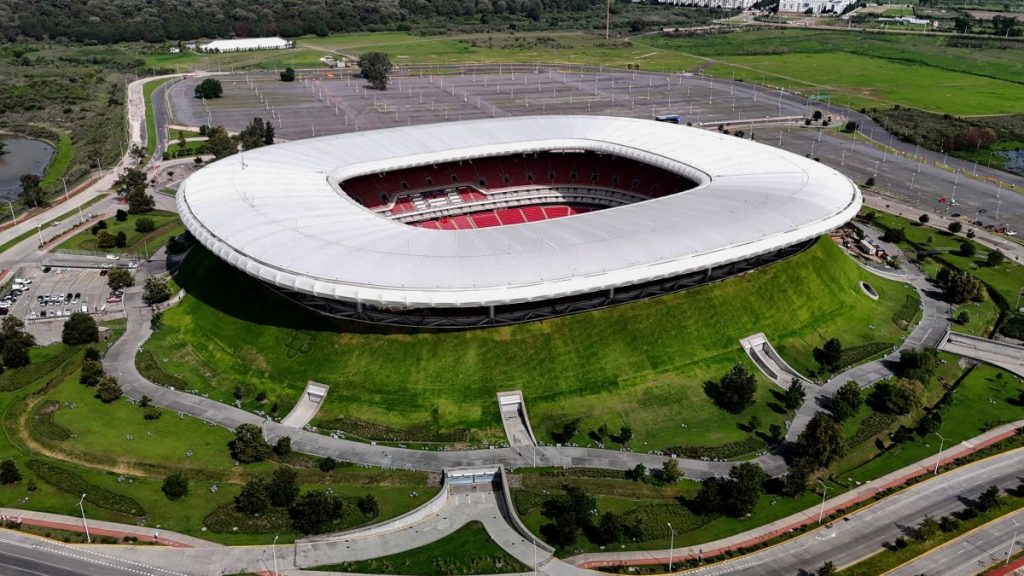Authorities and volunteer search groups have uncovered a shocking number of human remains close to Akron Stadium in Jalisco, Mexico a venue slated to host matches during FIFA World Cup 2026. According to reports from those involved in the searches, at least 456 bags containing human remains have been recovered since 2022 in areas surrounding the stadium.
The most recent discovery happened during construction work near the stadium. When building crews began excavating a site for a housing development, bones and burial bags resurfaced, prompting families of the disappeared and volunteer search teams to continue digging.
Where the Remains Were Found
One of the principal locations is an area called Las Agujas. There, a startling 290 bags were documented by workers during the construction process. Other remains have been found in surrounding neighborhoods, including communities such as Nextipac and Plan de la Noria, where about 89 additional bags were found between 2018 and 2022. Within a cemetery close to the stadium, around 130 bodies were located, while another sector called Arroyo Hondo accounted for roughly 48 bags.

Accusations of Organized Crime and State Neglect
Volunteer investigators from the group Guerreros Buscadores de Jalisco have associated these clandestine graves with suspected cartel activity. They allege that organized crime groups control which bodies are handed over and which remain hidden — and in many cases, forensic teams have reportedly been threatened or intimidated. Families of the missing persons express frustration, claiming the local government has failed to provide transparency or adequate support. Many say they have been ignored or marginalized — despite the scale of the tragedy. Search group members argue that authorities appear more concerned with sanitizing the area ahead of the World Cup than with acknowledging the human cost and providing justice to those affected.
The Human Rights and Forensic Crisis
The findings have plunged attention onto the persistent crisis of disappearances and clandestine burials in the region. Jalisco is among the Mexican states with the highest number of unresolved missing-persons cases — a statistic that underscores the scale of the humanitarian tragedy behind the remains. Forensic teams are reportedly overwhelmed or under pressure, sometimes unable to process or identify remains properly. Families continue waiting years — or are never given closure. Disorganized record-keeping, lost DNA samples, and intimidation reportedly hamper efforts to deliver justice.
The Ethical Dilemma Facing the World Cup
As the global community prepares for the 2026 tournament, the situation raises stark questions about morality, visibility, and priorities. On one hand, Akron Stadium is meant to showcase global sporting unity, passion, and celebration. On the other hand, the nearby graves remind people that thousands of families are still seeking answers about missing loved ones. The contrast between a world-class sports venue and a region burdened by mass graves is deeply troubling. Families and activist groups insist that respecting victims and addressing the crisis should take precedence over staging international events. They warn that years of suffering should not be wiped from view just to host soccer matches.

What May Come Next
Search groups have vowed to continue their efforts — regardless of upcoming events. They demand accountability from both local and federal authorities, proper forensic investigations, and genuine support for affected families. Meanwhile, the discovery stands as a somber reminder that major cultural and sporting celebrations can never fully erase ongoing tragedies. For many, the hope remains that sunlight will reveal truth — and that justice and dignity will eventually reach the victims and their families.

















